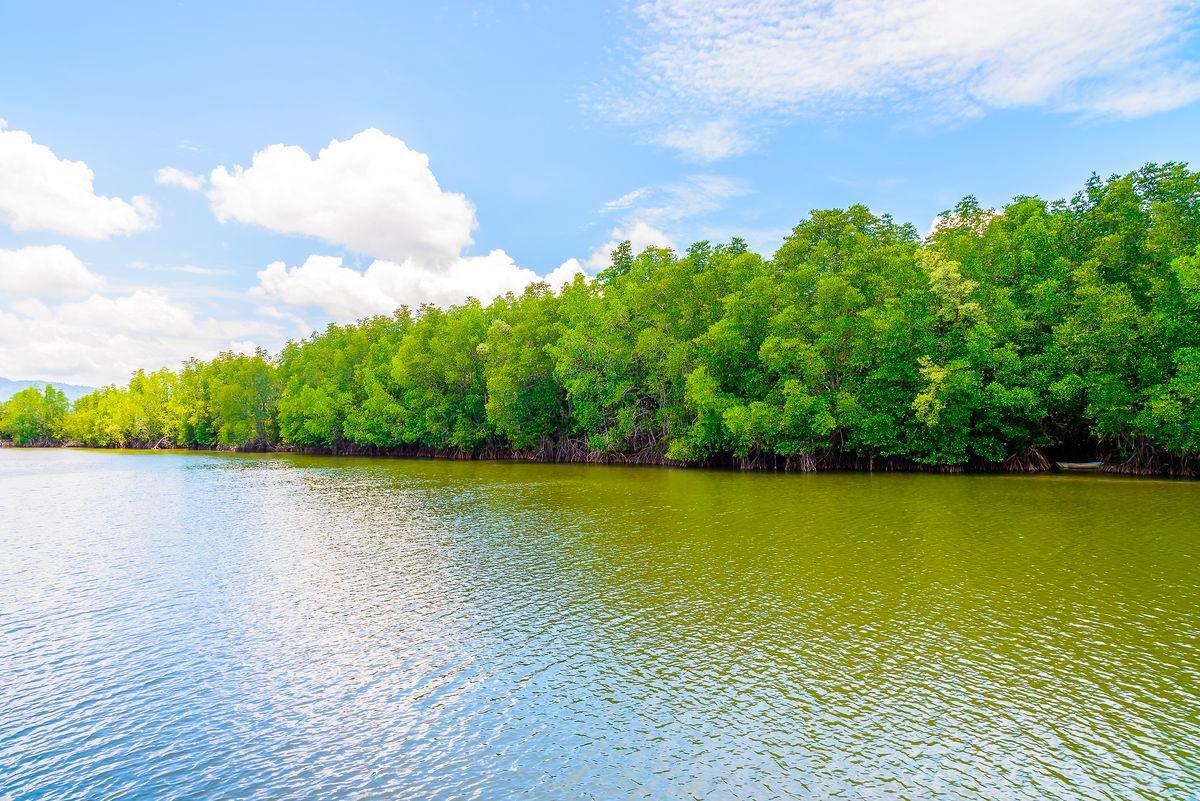MOSCOW: Scientists from Russia’s Tomsk University have issued a stark warning that approximately 20% of the world’s wetlands could vanish by 2050 if current trends continue.
These vital ecosystems, which include swamps, lakes, rivers, artificial reservoirs, and coastal marine areas, represent some of Earth’s most valuable yet fragile environments.
The researchers noted humanity has already lost nearly 22% of global wetlands since 1970, equivalent to about 411 million hectares of these critical habitats.
Wetlands currently cover around 6% of the planet’s surface but contribute more than 7.5% to global GDP through their diverse ecological services.
These ecosystems provide clean water, flood protection, agricultural support, and function as massive carbon storage systems that help regulate the climate.
Associate Professor Dr Irina Volkova from Tomsk State University’s Biological Institute emphasised wetlands’ unique cooling effect on the global climate.
“Wetlands are the only type of natural environment that persistently cools the global climate,“ she said, highlighting their ability to store carbon in peat deposits for thousands of years.
The research team pointed out that wetlands contain twice as much carbon as the world’s forests, with Western Siberia’s vast wetlands and the Great Vasyugan Mire being particularly significant carbon sinks.
Scientists stressed that conserving remaining wetlands is equally crucial for ecological stability and economic security worldwide.
Their disappearance would trigger climate destabilisation, freshwater shortages, and increased catastrophic flooding events across the globe. – Bernama-QNA









